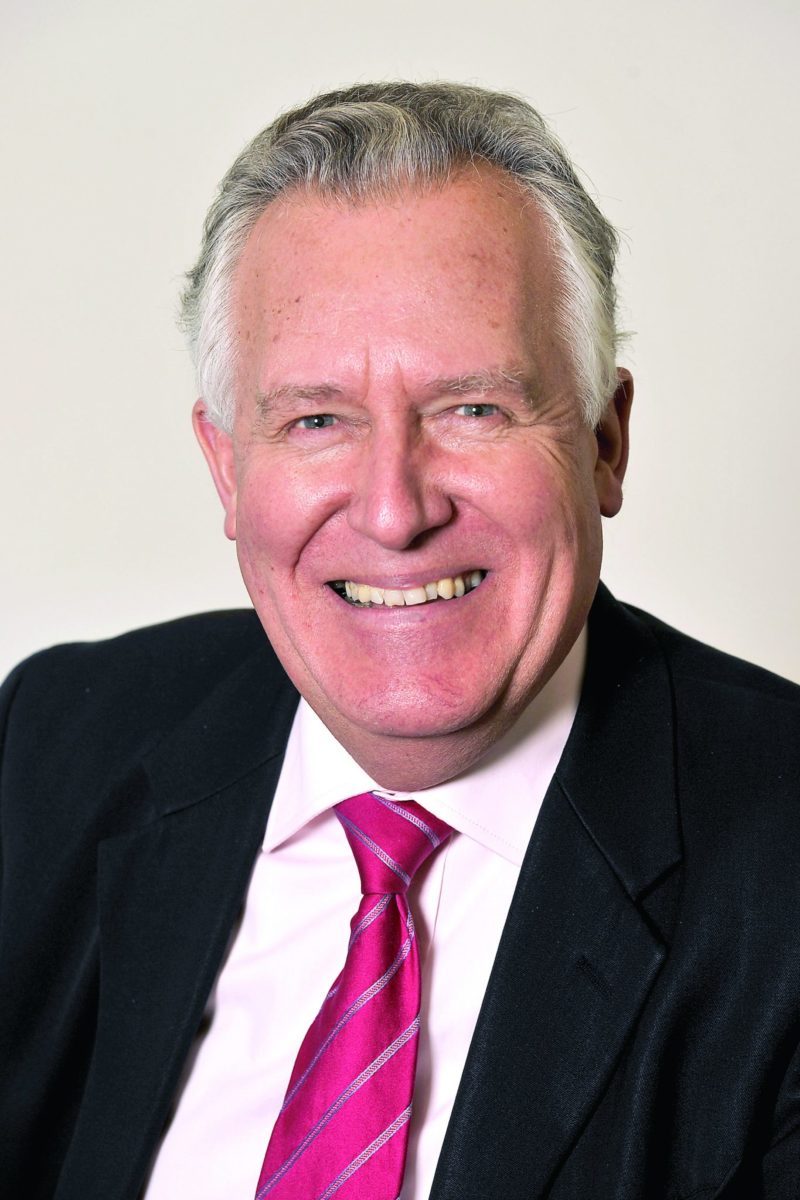In this home away from home, the grey-haired former British cabinet minister holds forth in a South African hotel – one glimpse of the glint in his eye and you can imagine the long-haired rebel he once was, running riot and giving the finger to authority.
Forty six years ago, Peter Hain was probably the most hated man among white sports fans in South Africa; the country of his birth. He was barely 19 when he earned the moniker ‘Hain The Pain’ and emerged as chairman of the rebellious anti-apartheid campaign, Stop The Seventy Tour, in Britain. With his friends, Hain ran amok, invading rugby pitches and causing mayhem for the touring South African teams between 1969 and 1970. Their campaign helped bring an international ban on the lily-white South African sport teams of yore.
“I was sports fanatic, like a lot of South African boys. I understood that sports could be the Achilles heel of apartheid, because apartheid in South Africa was terrible and was condemned but still (their) cricket team was appearing at Lord’s and the Springboks at Twickenham. Football (was) everywhere and athletics and so on. So, I thought if we hit that then we could really hit white South Africa morale very deeply,” Hain told Forbes Africa after giving a speech in Johannesburg.
Hain graduated from an unruly activist to a Labour Party minister under Tony Blair and Gordon Brown, between 2001 and 2015. Brown was a fellow anti-apartheid activist in 1969.
Back in 1966, his parents, Walter and Adelaine Hain, were jailed for opposing apartheid and were exiled in London. His parents continued their activism, protesting outside the South African embassy in Trafalgar Square. The teenage Hain immersed himself in non-violent, anti-apartheid protests at all sports grounds.
“In 1969, it was a period of a lot of direct action and non-violent protests, students occupying the campuses, protests against the Vietnam War, in 1968 students revolted in America, I was part of that generation. I thought there was no good in standing outside the stadium holding up placards, that doesn’t get you anywhere, so we ran onto the pitch, we stopped the matches.”
That was not all. Hain and his friends booked a young woman into a London hotel where the Springboks were staying. The woman jammed the door locks of the Springboks rooms the night before a test match at Twickenham. In the morning they had to break the doors down. Then the campaigners lured the Springboks’ driver into the hotel. Just a few hours before the kick-off, the protesters stole the bus with half of the team on board. One of the players wrestled with the driver and the bus crashed into other cars. It took the police an hour to unchain the driver who was tied to the steering wheel.
“South Africa was expelled from the Olympics until Madiba (Nelson Mandela) walked out of the prison and became the president. Those South African teams were never South African, they were white South African teams,” he says.
Now, 50 years after his family’s unceremonious exit, Hain was back in South Africa to address the Wits Business School about Brexit; populism, and the European refugee crisis. Commenting on the thorny issue around the Springboks’ lack of transformation, he says it doesn’t happen overnight.
“You have to have positive action to promote African, colored and Indian players. But you also have to be competitive internationally. And squaring those two is pretty difficult, I would simply say, it’s going to be bumpy, but somehow you are going through a phase of transition. The cricket team is very, very good. Compared them with when I was protesting, it is millions kilometers better,” he says.
The week Hain arrived, the university fees protests raged across South Africa.
“The economy is being neglected by the ANC. The schools systems are horrifying. In the global school performance index out of the 140 countries, South Africa is 138, below Benin and Mauritania, the poorest countries in the world. This is unacceptable. Where is the money going? They have done fantastically in building houses and giving electricity to people who didn’t have under apartheid,” he says.
Hain was sneaked into the Sunnyside Park Hotel in Parktown, Johannesburg, a few miles from the Wits Business School. The establishment that brought him here was under siege from hot headed activists. The more things change, the more they remain the same.
